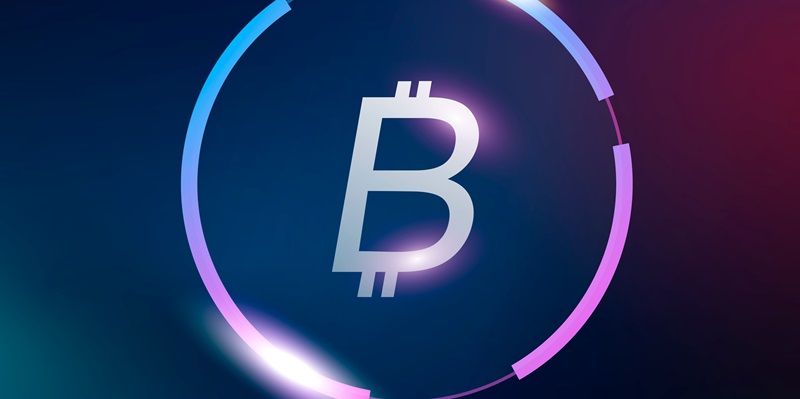The rapid advancement of blockchain technology has brought about a paradigm shift in how we perceive and interact with data. Understanding that everything can be represented as data is crucial in comprehending the potential of this transformative technology. In this article, we will explore the concept of tokenization, specifically in the context of Bitcoin, and delve into the role of abstraction solutions in propelling Web3 into mainstream adoption.
Tokenization of Everything in Bitcoin
Bitcoin, the pioneering cryptocurrency, has long been hailed as a groundbreaking innovation. However, its potential for tokenizing various assets has not been fully realized until now. As the prospect of tokenizing everything gains traction, we are witnessing a new wave of possibilities opening up within the Bitcoin ecosystem.
Bitcoin as a Canvas for Creation
Bitcoin, in its essence, is more than just a technical protocol. It has grown into a culture and a mindset where visionary builders view it as a canvas for the creation of numerous projects and applications. This growing ecosystem showcases the vast potential of Bitcoin to facilitate innovation and decentralization across various industries.
Importance of Layer-2 Blockchains
For Bitcoin and other layer-1 blockchains, scalability has been a pressing concern. Layer-2 blockchains have emerged as critical solutions to this dilemma, providing the ability to scale and accommodate a higher volume of transactions. Their role in the upcoming bull market is pivotal, as they enable an efficient and smoother user experience.
Maturity in Building and Lessons Learned
The bear market experienced in the crypto realm has provided valuable lessons and opportunities for growth. Builders and developers have adopted a more mature and thoughtful approach to creating projects. The newfound wisdom gained from the bear market has fueled a surge in innovation and improved practices.
Implementation of EIP-4844 in Ethereum
Ethereum, the foremost smart contract platform, is set to implement the Ethereum Improvement Proposal (EIP) 4844. This development, expected to occur in the coming months, aims to further reduce transaction costs within layer-2 networks. With lower transaction costs, the barriers to entry for users and developers will be significantly lower.
Decentralization as a Hindrance
While decentralization is a core principle of blockchain technology, it can be a hindrance in some cases involving tokenization. In certain contexts, decentralization may hinder the efficiency and speed required to tokenize everything. Striking the right balance between decentralization and practicality is crucial for the successful adoption of tokenization.
Abstraction Solutions for Inclusivity
One of the primary challenges faced by the crypto universe lies in its technical complexity, which limits accessibility to individuals with technical skills. Abstraction solutions play a crucial role in bridging this gap, making the crypto ecosystem more user-friendly and inclusive. These solutions enable non-technical individuals to actively participate in Web3 applications.
Abstraction Solutions for Traditional Companies
While much attention has been given to the impact of abstraction solutions on individual users, their significance for traditional companies is often overlooked. These solutions pave the way for traditional companies to effectively transition into the Web3 landscape, utilizing the benefits of blockchain technology seamlessly.
The Path to Mainstream Adoption
Breaking down the blockchain journey into four phases, we can identify the account abstraction solutions, alongside the advancements mentioned earlier, as catalysts propelling Web3 into its penultimate phase. With increased scalability, reduced transaction costs, and improved accessibility, blockchain technology becomes more compelling and attractive to the wider population.
The tokenization of everything presents a world of possibilities and opportunities. As we navigate through the evolving landscape of blockchain technology, abstraction solutions hold the key to unlocking the true potential of Web3. By ensuring inclusivity, scalability, and practicality, we pave the way for mainstream adoption, where blockchain becomes an integral part of our everyday lives. Embracing these advancements, we embark on a transformative journey towards a decentralized and tokenized future.

